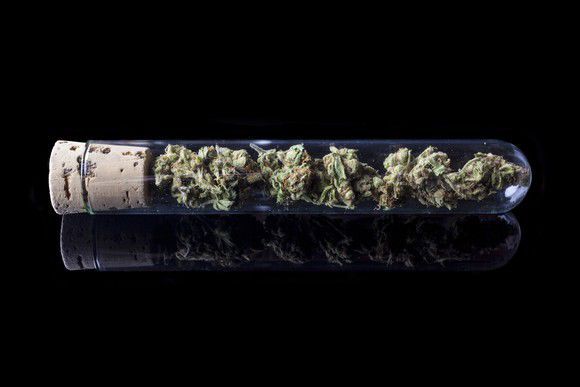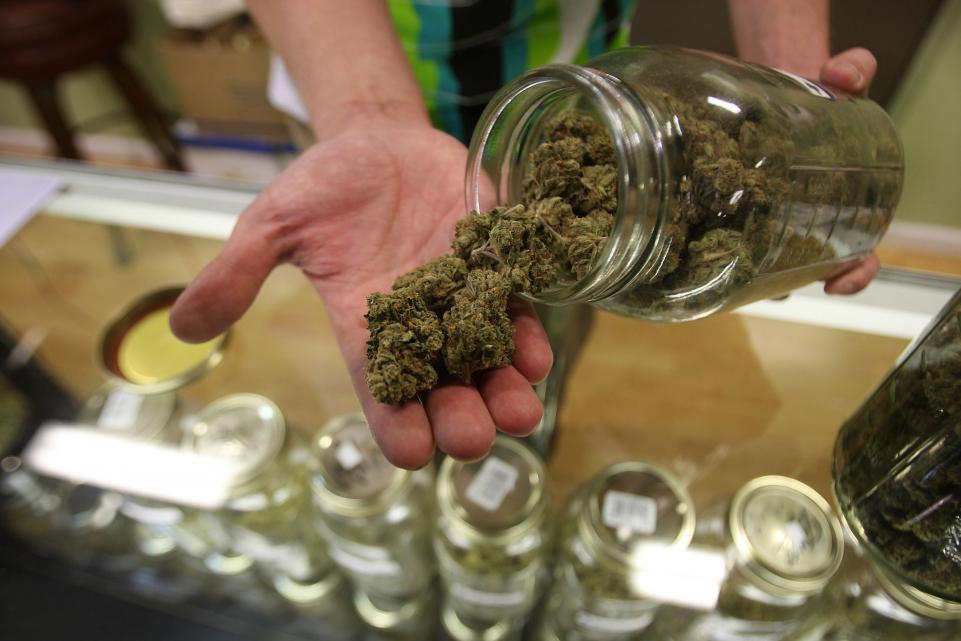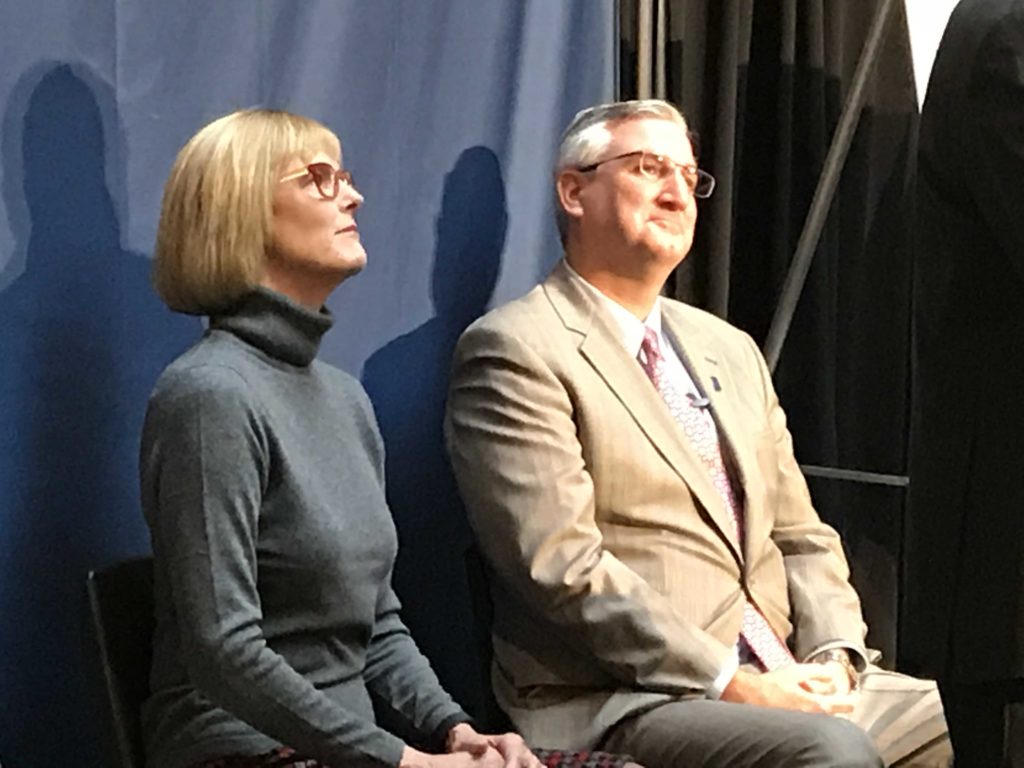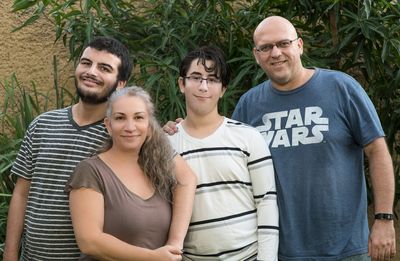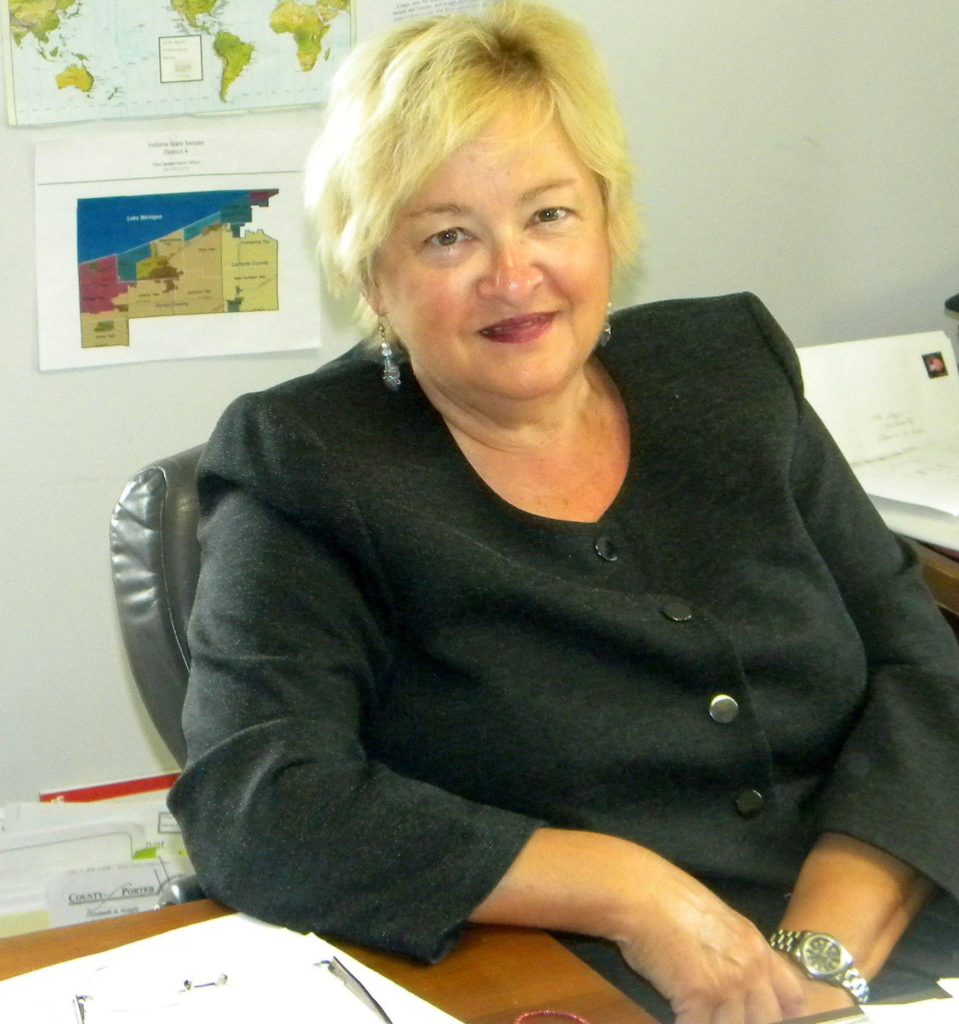High Sobriety, a recovery treatment center in Los Angeles, offers patients daily doses of medicinal cannabis as a means of weaning them off opioids.
Joe Schrank, the facility’s founder and program director, said the harsh effects of withdrawal often cause addicts to avoid going clean. That’s where the often controversial use of cannabis can help, he added.
“Using medical cannabis can be really helpful for all the things that people experience when they go through detox, whether it’s insomnia, bone pain or flu-type symptoms,” he said.
But opponents say the practice switches out one addiction for another and that the efficacy of using cannabis to treat opioid addiction hasn’t been thoroughly researched.
“To me, it’s a massive improvement if they’re switching from a drug that could kill them to a drug that cannot kill them,” Schrank countered.
Currently, 29 states have passed laws allowing the use of cannabis to treat a host of medical conditions despite its designation as an illegal drug by the federal government and the fact that the Food and Drug Administration hasn’t approved it for medical use. Mostly, cannabis is used to treat nausea in cancer patients undergoing chemotherapy. States have also approved it to induce appetite in HIV/AIDS patients, as well as to alleviate the effects caused by multiple sclerosis, Parkinson’s disease, Crohn’s disease, glaucoma and epilepsy.
No state has approved cannabis for the treatment of opioid addiction, and recent proposals in Maryland and New Mexico were ultimately rejected due to a lack of evidence that it works. Marijuana, however, has a relatively long history in being used to treat opioid addiction.
When it first entered the official drug compound and use directory of the U.S. in 1850, cannabis was listed as a treatment for opiate addiction. Back then, marijuana could be purchased as an over-the-counter remedy.
Ironically, it was the increased popularity of opiate-based medicines in the early 1900s that caused a decline of cannabis for medical use until the drug was eventually removed from the U.S. Pharmacopoeia in 1941.
Since then, a tight regulatory framework has made it harder to prescribe cannabis for medical purposes or to conduct research on the plant.
When cannabis was classified as a Schedule 1 drug under the Controlled Substance Act of 1970, the plant was flagged for its high potential for abuse and was listed as having no medical purpose.
“This is the catch-22,” said Yasmin Hurd, professor of neuroscience, psychiatry and pharmacological sciences at the Icahn School of Medicine at Mount Sinai Health System in New York City. “The reason why we have all of these people thinking that marijuana may be beneficial for this or that is because there is not enough science out there to help guide us.”
Hurd examines the effects of cannabidiol, a compound found in cannabis that could help relieve symptoms of heroin withdrawal while working to impede the desire to get high.
But she admits there are a lot of open questions on how to use the treatment.
“The clinicians who are prescribing medical marijuana for their patients don’t actually know which formulations or which dosing or so on to give for specific symptoms and disorders,” Hurd said. “We are relying on anecdotal information from people using the drug to give us scientists and clinicians insights about it.”
Dr. Matthew Roman, founder of Nature’s Way Medicine, a primary-care clinic in Delaware, began using cannabis as a treatment in 2015.
“I’ve found in my experience now that patients really get a lot of benefit from this new alternative,” he said.
Admittedly, there are variances in how practitioners use it.
Schrank encourages clients to take cannabis in edible or vapor forms over smoking in order to better control dosage. Roman said half of his patients choose to smoke it and half opt to vape through electronic cigarettes.
“A lot of it is based on lifestyle with this treatment when it comes to form of use rather than what works better,” Roman said. “I think a lot of the people who are most affected by the opioid epidemic are becoming more open to marijuana because they see it as a gateway out of the opioid epidemic.”
credit:modernhealthcare.com




